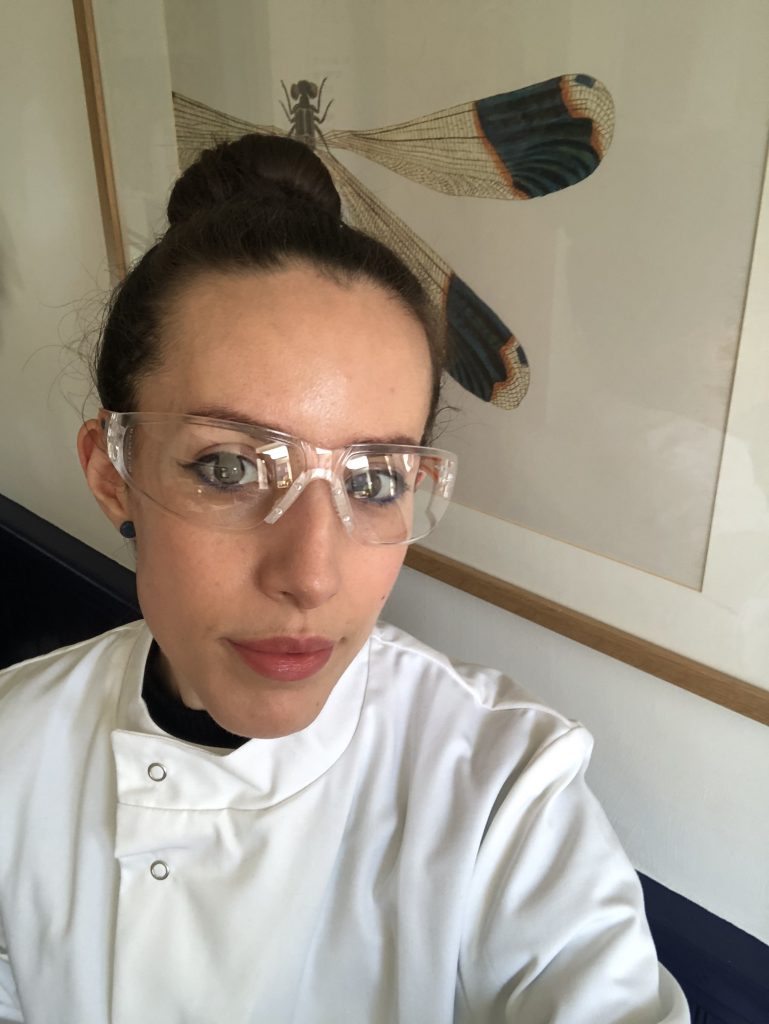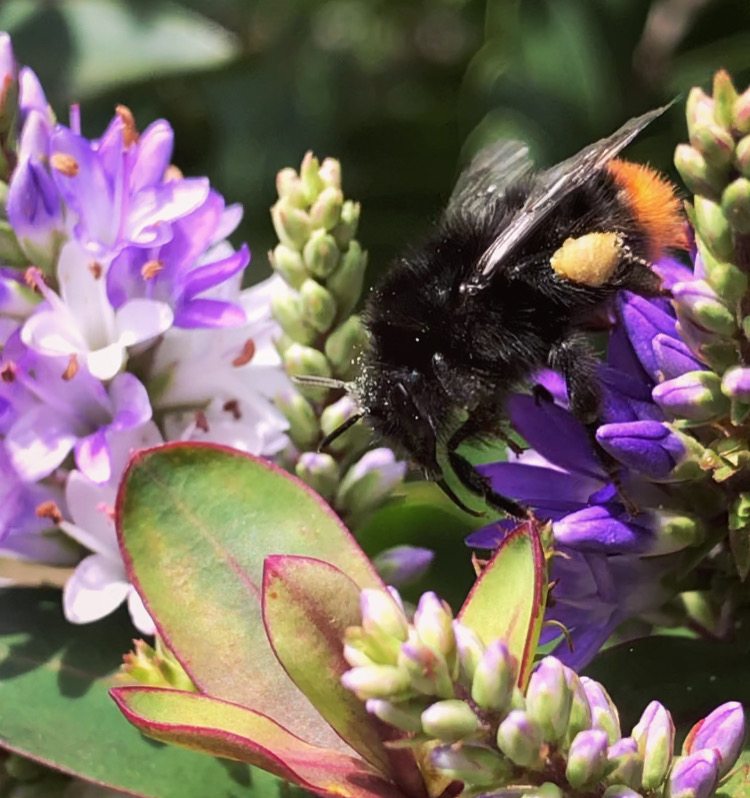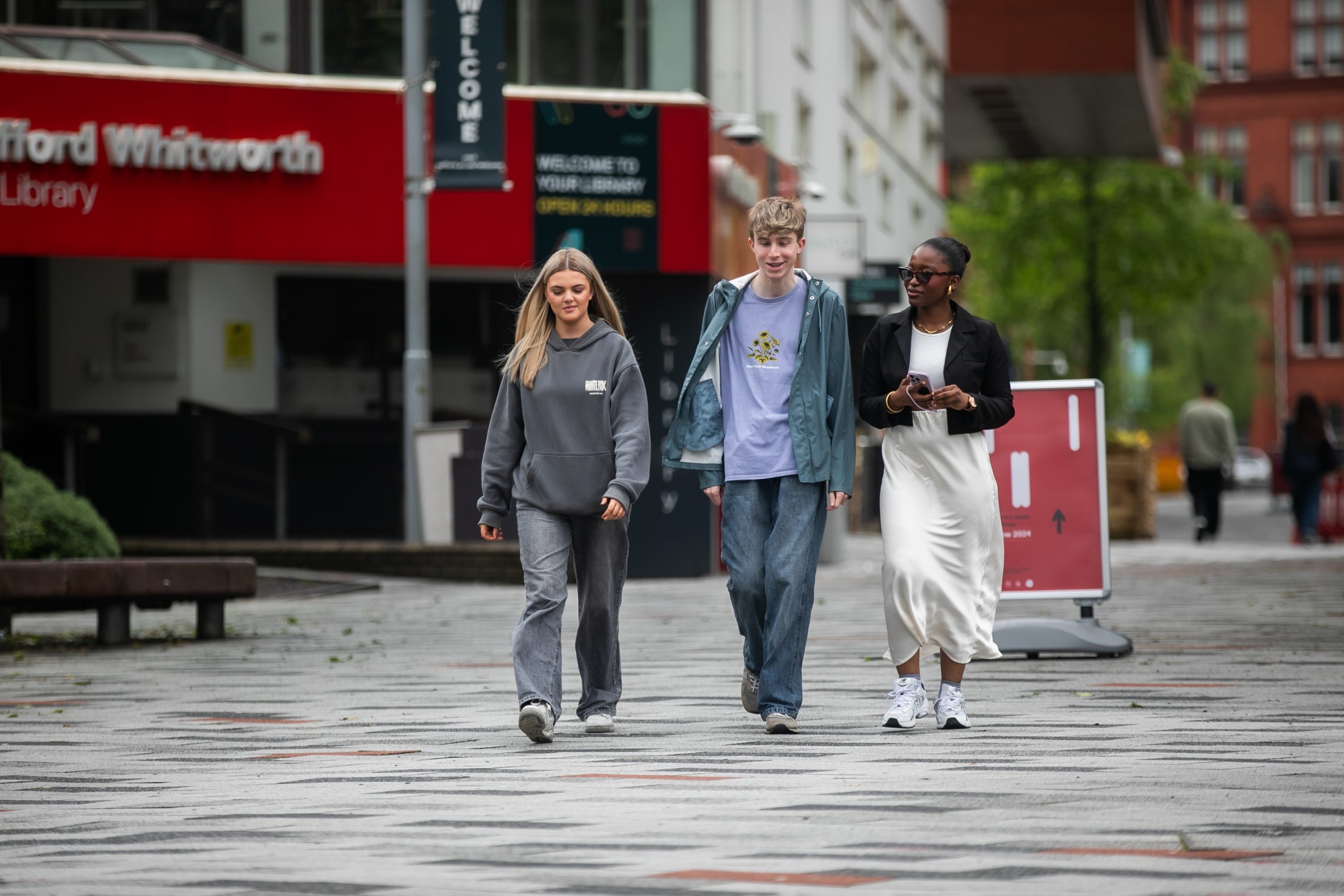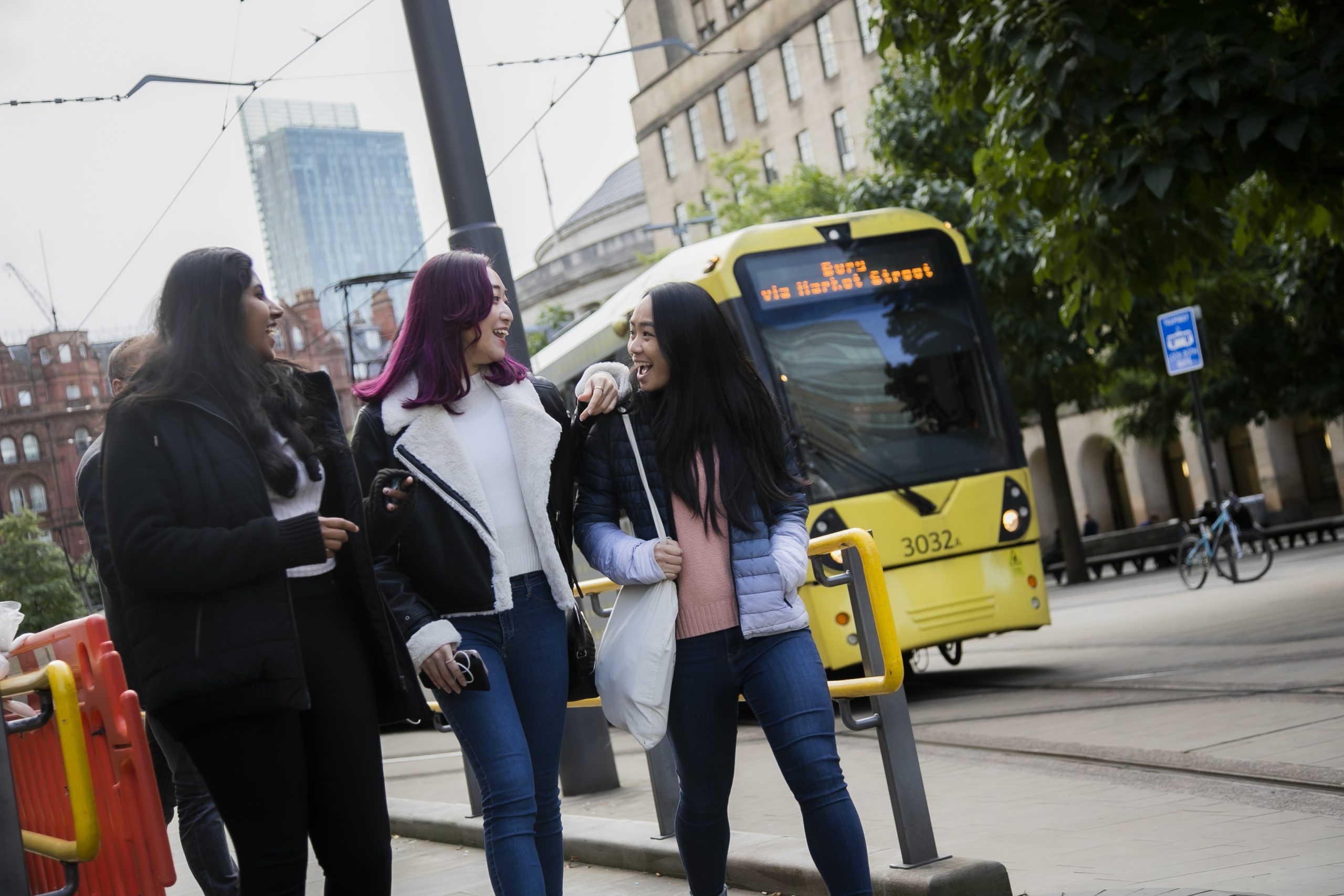Anna White is a BA Wildlife Conservation with Zoo Biology student at the University of Salford. I chatted to her about her passion for protecting the environment, her hopes for the future and her sources of inspiration.
Have a read 💭
What inspired you to study science?
My dad was an engineer, so we always had bits and bobs around the house like cables and computer circuit boards, as he was always working on something! His love of science and the natural world meant that we always had National Geographic on the TV, and he encouraged me to ask ‘why?’ or ‘how?’ something worked, everything from the toaster to aeroplane wings. I don’t think I really realized how much of an influence that had on me at an early age, but I love that he shared his passion with me and supported my interest in science, as well as in art and design.

What led you to begin your research into Wildlife Conservation and Zoo Biology?
I went to the climate change protest in Manchester, which was the first time I had ever been to protest in person, and although it was overwhelming, it just solidified in my mind that I had a lifelong love for wildlife and the environment. Facing the reality that we could lose it felt devastating, so I wanted to do something about it. Climate change can’t wait — change needs to happen now.

What does your course entail?
The reason that I chose the University of Salford and specifically my course was because it focuses on practical-driven learning with trips, labs, and field work. Learning is very visual and hands-on which is the way I learn best, by practice. There is lots of engagement across departments from staff and lecturers who are all scientists and professionals in various disciplines, all extremely passionate about their subjects and projects, and in turn that energy is passed on to students through teaching. Students are also working with each other and collaborating. Despite learning online during the pandemic being a challenge at times for everyone, lecturers have been helpful and accessible. The university experience is not just about going to your specific lectures. If you are naturally curious like I am, then there is so much more to explore inter-departmentally that can make your experience unique, especially with amazing facilities like the laboratory. With so much innovation and sustainable projects happening on campus, it’s quite exciting!
What are your goals in terms of science?
I aspire to be a woman in science and to follow my desire to fight climate change and communicate conservation science. Currently, I am passionate about seagrass which of course is a marine plant and not an animal at all! However, by conserving the smaller species at the base of biodiversity in habitats, we can help save all of the larger species that rely on every other species in between. My course provides a broad understanding of wildlife conservation as it covers everything from animal behaviours, wildlife law, field biology, genes to ecosystems, and the diversity of how species have evolved and where. It demonstrates pathways and disciplines within conservation, which may be completely new to you, or that you have simply never considered or had an interested in before.

What advice would you give to students thinking of studying science?
Speaking to other students already studying at uni can help you get a feel for your potential course and what student life is like. Getting involved by connecting with the university’s social media platforms is useful because you feel included before you even begin your first term, which makes it easier to start making friends with other students who will be on your course. Every year the university hosts an applicant Facebook group to make it easier to connect that you might want to consider joining.
Ask questions and try to speak to your tutors beforehand so that you can get a feel for how your course is taught and what options there are for modules. Having the opportunity to see the campus, its facilities and green spaces will help to ease any anxiety you might feel before coming to university. I would highly recommend open days or applicant days, as they are a fantastic way to give you a sense of what things will be like if you decide to choose Salford to study, no matter which course you are wanting to do. You also get a friendly welcome and a bag of goodies! Applicants can access information on all of these things virtually through our online applicant events.
To keep up with Anna you can follow her on Instagram @anna_m_white.
If you’re inspired by Anna’s story and think you’d like to follow in her footsteps, check out our wildlife courses or the full range of degress on offer in our School of Science, Engineering and Environment.






Leave a Reply